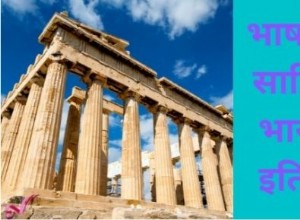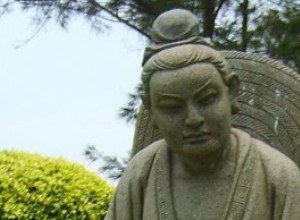The leftist historians of India show Indias sixteenth Mahajanapada Kamboja as extensive in Afghanistan, Pakistan and Kashmir, but modern historical research has made it clear that ancient Kamboja was widespread in modern Tajikistan and its surrounding areas of Central Asia. The Kamboja Mahajanapadas




